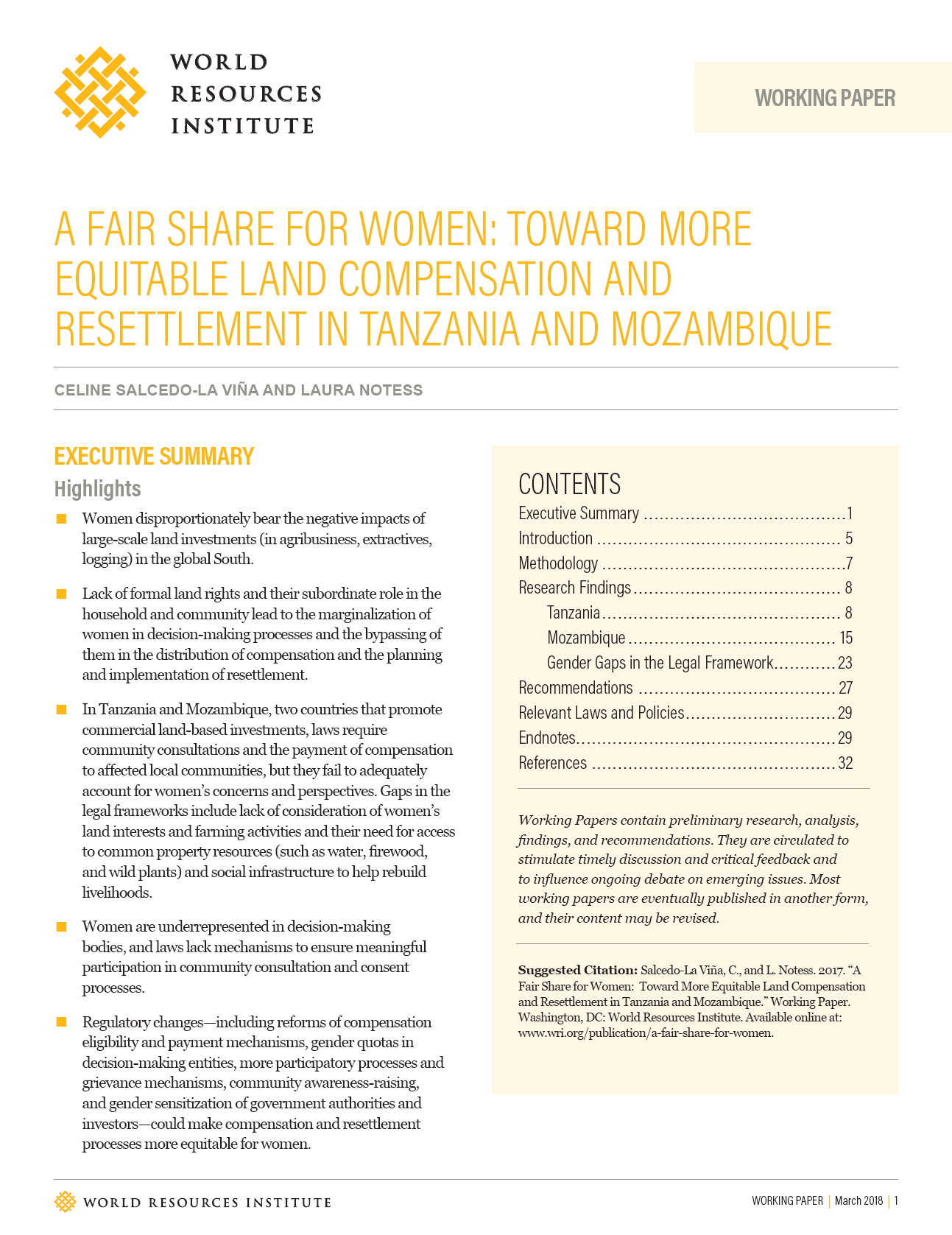Land situation in Cambodia 2013
This report provides background on Cambodia's legal framework, as well as data on the granting of social land concessions, reclassification of land, the land titling program, and land disputes. Dispute resolution mechanisms are also discussed.





